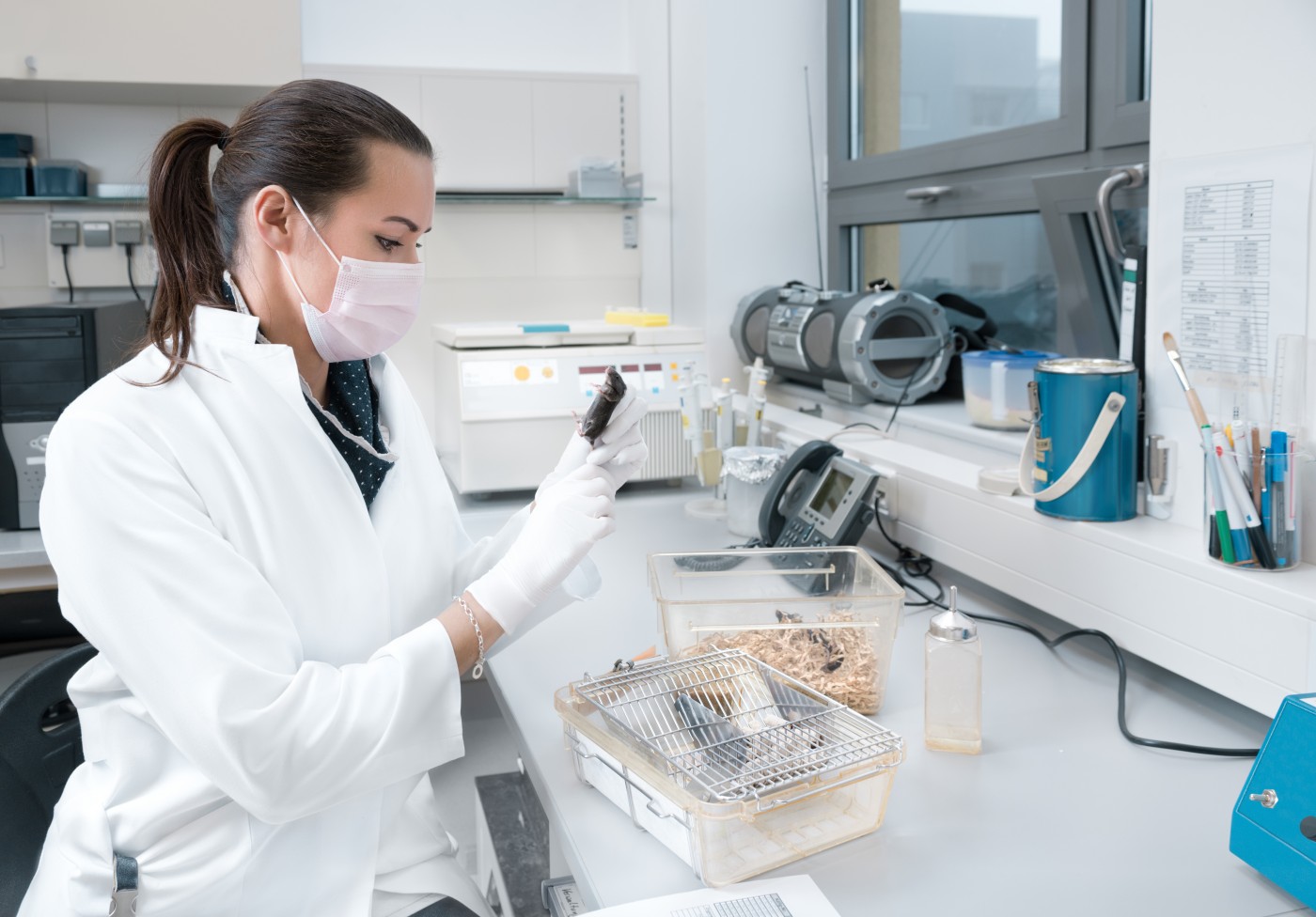Experimental MS Therapy Seen to Promote Myelin Regeneration in Preclinical Study

RegeneRx Biopharmaceuticals, Inc., announced the publication of a research article detailing the process by which Thymosin beta 4 (Tβ4), the company’s novel therapeutic peptide, effectively promoted the remyelination process in two separate animal models commonly used for multiple sclerosis (MS) research. The article, “Thymosin beta4 promotes oligodendrogenesis in the demyelinating central nervous system,” was published in the journal Neurobiology of Disease.
Myelin is a lipidic material that protects the nerve fibers in the central and peripheral nervous systems. Myelination, the process of myelin formation around neurons, is carried out by oligodendrocytes in the central nervous system (CNS). These mature cells do not have the capacity to replicate, so once they are destroyed the only way to reinitiate myelination would be to recruit or generate oligodendrocyte progenitor cells (OPCs). These precursor cells may then proliferate and differentiate into myelin-producing mature oligodendrocytes.
Demyelination (the process of myelin destruction) is a hallmark of MS, leading to progressive neurodegeneration and synaptic failure. Currently no effective remyelination therapies are in use.
Researchers from the Departments of Neurology and Biostatistics and Research Epidemiology, Henry Ford Health System in Detroit, and from the Department of Physics at Oakland University in Rochester, both in Michigan, showed that Tβ4 is an effective remyelination therapy, able to promote proliferation and differentiation of OPCs into mature, myelin-producing oligodendrocytes, while also decreasing axonal damage. The research team also observed that the epidermal growth factor receptor (EGFR) signaling pathway contributes to this process.
Two different animal models extensively used in MS research, the experimental autoimmune encephalomyelitis (EAE) model and the cuprizone diet model, were used to evaluate this potential mechanism of CNS repair. In both, the improved rate of remyelination and mature oligodendrocytes generation significantly correlated with functional improvement in the mice.
The researchers concluded, “these findings indicated that: 1) Tβ4 increases proliferation of OPCs and the maturation of OPCs to myelinating oligodendrocytes which in concert, likely contribute to the beneficial effect of Tβ4, 2) Epidermal Growth Factor Receptor upregulated and activated by Tβ4 may mediate the process of OPC differentiation, and 3) Tβ4 could potentially be developed as a therapy for MS patients, and for other demyelinating neurological disorders,” according to a press release.
RegeneRx Biopharmaceuticals, based in Rockville, Maryland, is clinical-stage drug development company focused on tissue protection, repair, and regeneration.






